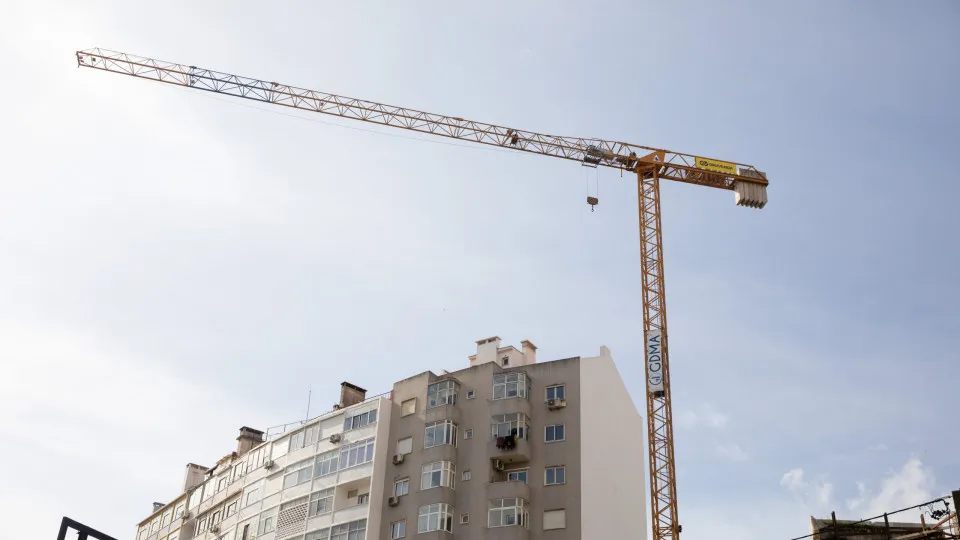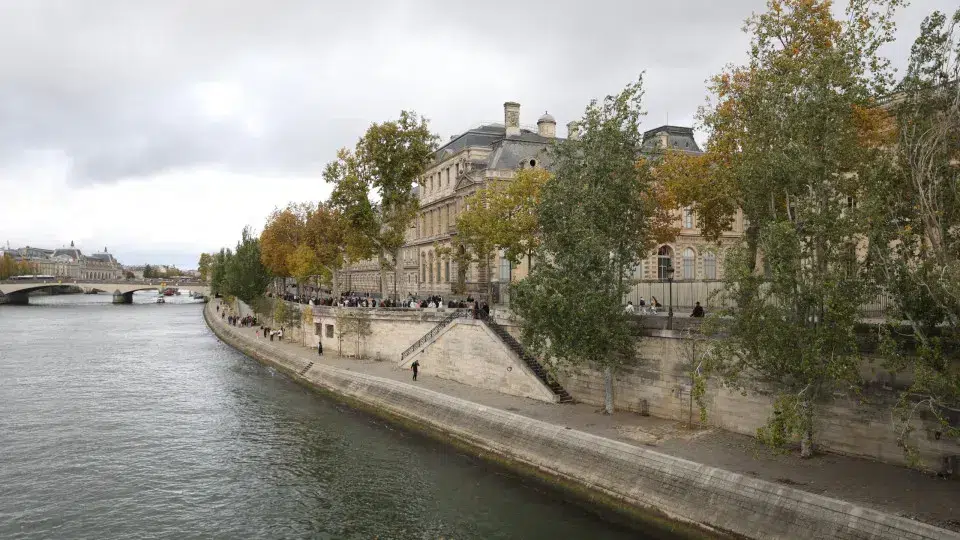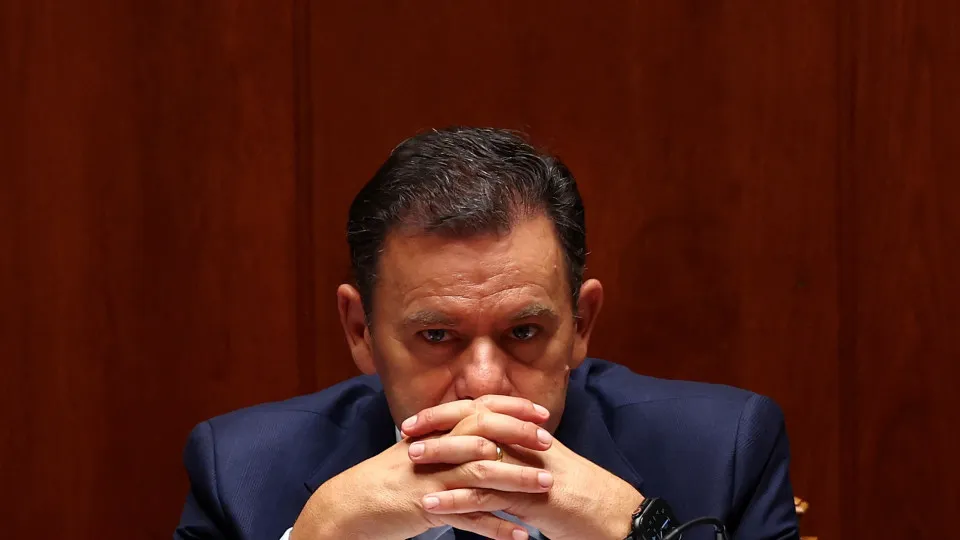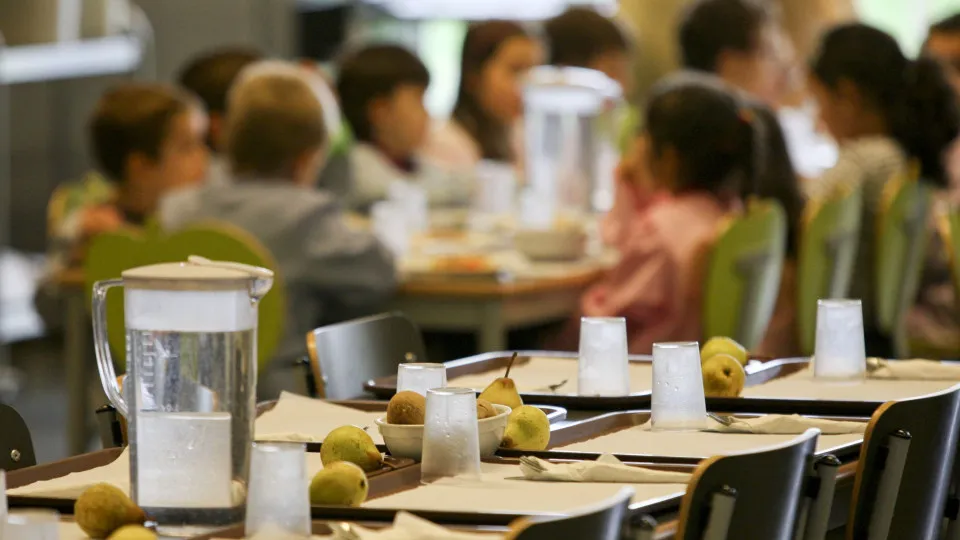
Activists are staging a protest today from 07:30 to 09:30, intending to send letters to the Secretary of State for Housing, Patrícia Gonçalves Costa, and the Minister of Infrastructure and Housing, Miguel Pinto Luz.
“Problems range from north to south of the country, with cuts to rent support and the ‘Porta65’ program. There are only 10 tickets issued in the morning and 10 in the afternoon for face-to-face assistance in Lisbon and Porto. It’s impossible to get help online or by phone,” lamented André Escoval, spokesperson for the “Porta-a-Porta” movement.
One of the banners held by “Porta-a-Porta” members reads, “tired of choosing between paying rent or eating.”
Today, since early morning, dozens of people have been waiting outside the Institute of Housing and Urban Rehabilitation (IHRU) in Lisbon to obtain one of the 20 daily tickets for assistance and some support to pay house rent.
The first person in line, elderly caregiver Maria Santos Godinho, 59, arrived at 04:45 from Odivelas to handle a situation for a friend of the same age who “had to go to E-REDES because the electrical panel exploded due to humidity in Monte da Caparica, leaving them without electricity.”
“This is worse than going to the doctor. We have to sleep here. They don’t respond to emails, don’t answer phones. We have to come here and insist. Otherwise, they send us away without resolving anything,” she criticized.
Further back in the early queue was Raquel Djaló, 32, a single mother of a 14-year-old boy and a 12-year-old girl, who suddenly stopped receiving her housing support without any “explanation or justification.”
“There must be more tickets. We leave work to come here. I had to leave my daughter with others to be here at 06:00,” expressed the Amadora resident, with Guinean-Bissau roots, in frustration.
In a statement on October 14 at the end of a meeting at the Assembly of the Republic, the president of the IHRU, António Costa Pereira, acknowledged that the situation is “very serious,” particularly the delays in addressing the almost 60,000 beneficiaries of the Extraordinary Rent Support Program (PAER) whose situations remain unresolved.




